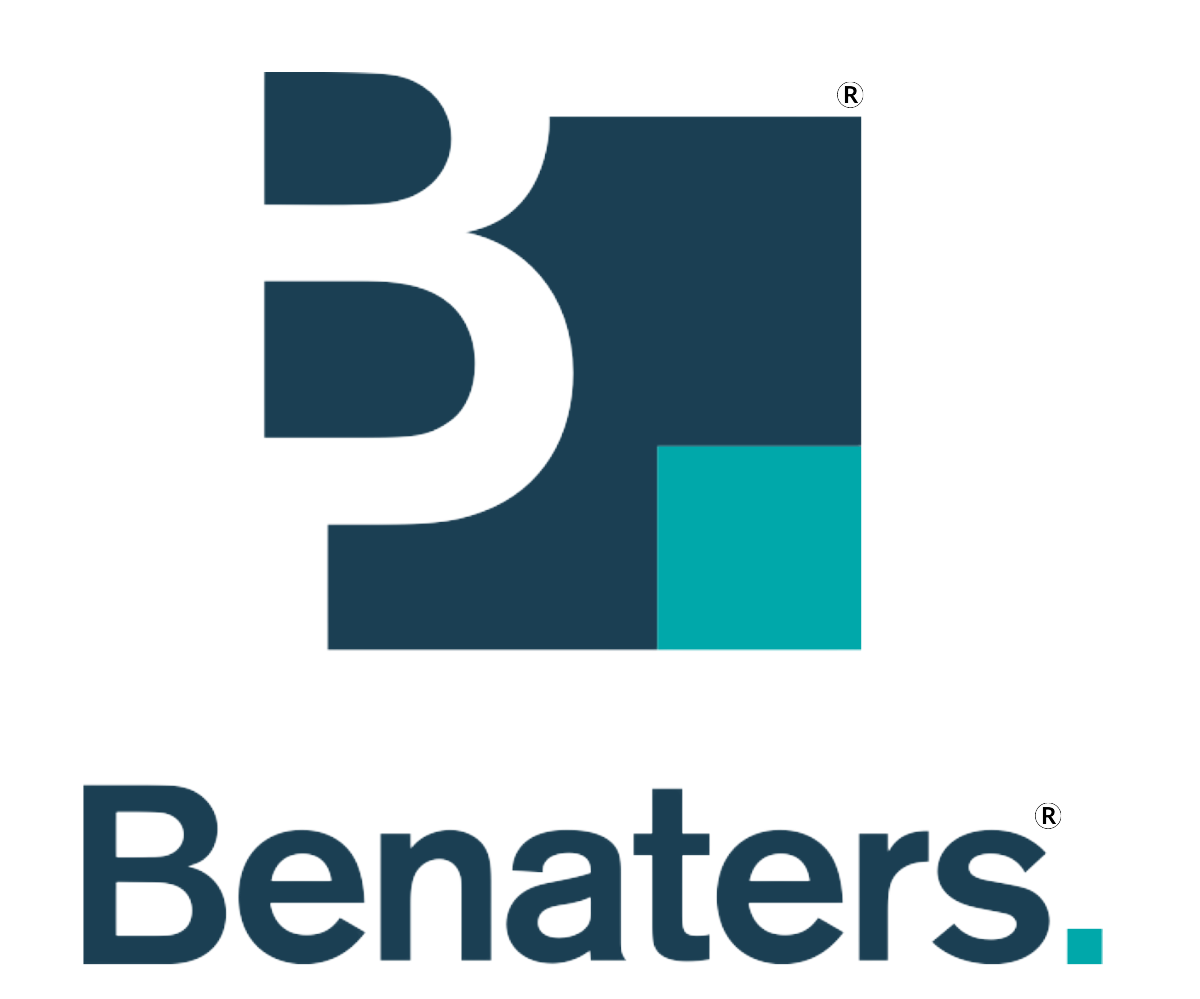The Facts About Conveyancer Uncovered
The Facts About Conveyancer Uncovered
Blog Article
The Of Conveyancer
Table of ContentsRumored Buzz on ConveyancerFascination About ConveyancerThe smart Trick of Conveyancer That Nobody is Discussing6 Easy Facts About Conveyancer ExplainedAll about Conveyancer
This includes sending out a transfer deed to the Land Computer system registry. It guarantees the buyer's name is registered as the brand-new proprietor. Communicating with the Land Computer registry, a federal government division, updates the general public document with the home's newest proprietor. The customer's lawyer handles the stamp responsibility land tax obligation after ownership transfer.It's payable to HM Profits & Customs. Customers require to pay this quickly, usually within 2 week of completion, to avoid fines. Building acquisitions come with costs, and conveyancing is no exception. Conveyancing costs cover two main locations: the conveyancer's fee and dispensations. The conveyancer's charge is for the lawful work of moving residential property.
Taken care of cost conveyancing charges an established rate for conveyancing work. No Sale No Charge conveyancing ('NSNF') bills just if the transaction is successful.
Picking a specialist is vital to a smooth property purchase. For a conveyancer search, ask buddies or household who've purchased home. Estate agents may likewise suggest conveyancers.
Conveyancer Fundamentals Explained
While both conveyancing solicitors and licensed conveyancers are greater than qualified of taking care of the entire acquiring and offering process, if there are any kind of various other legal variables that should be attended to during the transaction (such as how you leave home in your Will), a conveyancing lawyer may be a better selection.

Nonetheless, you ought to recognize that generally conveyancers pay recommendation costs to the agents for intro of a new client (Conveyancer). Considered that the estate agent gets an economic benefit if you select their conveyancer, you need to consider every one of your alternatives and go to several conveyancer and contrast their fees and evaluations
Ask concerning their local residential property experience, fees, and the expected conveyancing timeline. Likewise, validate their call details for simple interaction. You might have listened to the term 'self-conveyancing'. While practically possible, the process brings dangers and obstacles. It informative post is feasible to do your very own conveyancing. Nothing legally restricts purchasers and vendors from working as their very own conveyancer.
Conveyancer Fundamentals Explained
Conveyancing entails numerous legal terms and complex processes. One oversight can jeopardise your building legal rights.
A conveyancer has the knowledge to take care of complexities, ensuring a smoother process. A conveyancer aids when you're offering. A conveyancer aids in the preparation of lawful documents needed for the residential or commercial property sale. These records include title acts, residential or commercial property details forms, and fixtures and installations lists. Preparing the sale agreement is another task, laying out terms of sale, residential or commercial property useful site rate, boundaries, and legal rights of means.

Examine This Report on Conveyancer
This short article will explain the relevance of click this site the duty and the various kinds of professional conveyancers.

Conveyancers have to comply with legal treatments when preparing and refining files for the transfer of residential or commercial property from a single person to one more. A conveyancer can only act upon behalf of both parties in particular scenarios - as an example, if both celebrations relate or they are in organization collaboration together. Yet a conveyancer should not substitute both celebrations if they have a conflict of passion in regard to the purchase.
The account needs to be accepted by Consumer and Organization Services (CBS) and be kept in a bank, developing society or cooperative credit union. You have to: keep all documents of trust moneyissue in-depth receiptsarrange for accounts and documents to be audited annually. Conveyancing businesses need to have professional indemnity insurance coverage. You require to show proof of the insurance policy when you renew your registration every year - for instance, a copy of the insurance coverage certification.
The Best Strategy To Use For Conveyancer
Conveyancing is the legal process by which the lawful possession of an unmovable residential or commercial property is obtained. Essentially, a new deed of transfer is prepared by a conveyancer and lodged at the acts workplace. In this write-up, we will certainly check out whatever you need to understand about conveyancing. A conveyancer is an attorney that has actually specialised (and qualified) in the preparation of acts records which by regulation are registrable in the Deeds Computer system registry.

A conveyancer is basically the transfer lawyer of a residential property, a bond attorney attending to a brand-new bond registration, or a termination attorney addressing the termination of existing bond(s). The conveyancer gets all the legal documents in order to be able to submit with the Deeds Office. When you acquire a residential property, the seller will certainly designate a conveyancer that will submit with the Deeds Office to obtain the home transferred to your name.
Report this page